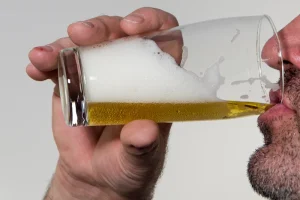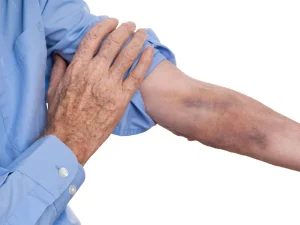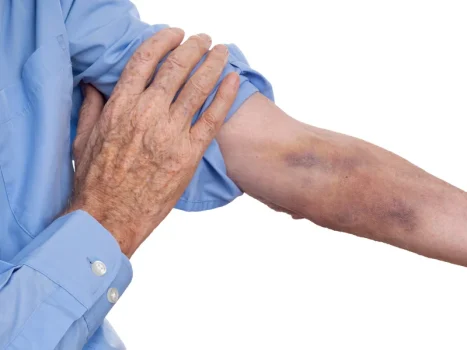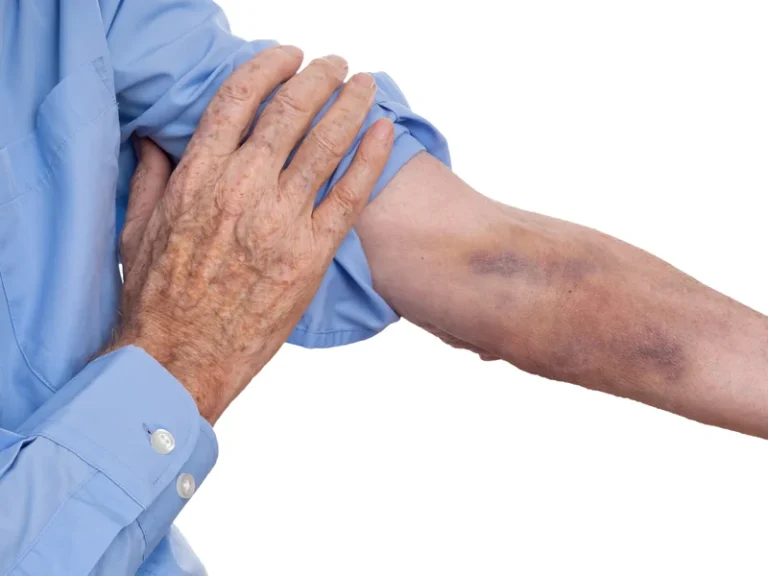
Most people with mild to moderate alcohol withdrawal don’t need treatment in a hospital. But severe or complicated alcohol withdrawal can result in lengthy hospital stays and even time in the intensive care unit (ICU). At Healthgrades, our Editorial Team works hard to develop complete, objective and meaningful health information to help people choose the right doctor, right hospital and right care. Our writers include physicians, pharmacists, and registered nurses with firsthand clinical experience. All condition, https://ecosoberhouse.com/ treatment and wellness content is medically reviewed by at least one medical professional ensuring the most accurate information possible.

Alcohol Withdrawal Seizure Timeline
- Alcohol detox may not take as long or produce severe withdrawal symptoms, but it is still an essential beginning to your recovery.
- It’s difficult to predict who will and who won’t experience alcohol withdrawal — and how severe it will be.
- Healthcare providers typically prescribe short-term medications to relieve the symptoms of mild to moderate alcohol withdrawal.
- Longer and heavier alcohol use generally leads to more severe withdrawal symptoms and a longer recovery timeline.
- It’s important to get medical help even if you have mild symptoms of withdrawal, as it’s difficult to predict in the beginning how much worse the symptoms could get.
If your doctor believes you are nutrient deficient, a common side effect of continued alcohol use, they may prescribe vitamins. Once you have safely gone through withdrawal, you may be prescribed certain treatments to help minimize alcohol cravings. When doctors treat alcohol withdrawal, they must know the patient’s complete medical history. This history includes mental disorders (such as anxiety and depression) and medical complications (such as high blood pressure).
Psychological Support
Individuals experiencing alcohol withdrawal syndrome should receive treatment according to the severity of their condition. Those with very mild symptoms can receive treatment as outpatients but may require the support and help of family and close friends for help. Chemical dependence is one of the most significant factors in your risk of experiencing dangerous withdrawal symptoms when you quit drinking. Alcohol dependence occurs after a period of consistent drinking or frequent binge drinking. Drinking every once in a while and even heavy drinking on the weekends may not lead to chemical dependence on alcohol, although it could lead to other dangerous consequences. Dependence is a chemical response to the consistent presence of alcohol in your brain and body.
General Health

Alcohol withdrawal seizures are similar to tonic-clonic seizures, which are often seen with issues like epilepsy. The first may involve a loss of consciousness with increased muscle rigidity. The second phase involves rapid tightening and relaxing of the muscles, which involve convulsions Alcohol Use Disorder that can lead to serious injuries. Your body is adaptable, and your brain chemistry will adjust to alcohol’s presence over time.
Unfortunately, there is no exact timeline for when or what alcohol withdrawal symptoms you will experience. However, there’s a general outline of what to expect, which includes enduring withdrawal symptoms. These may consist of long-lasting mood swings, tiredness, and sleep problems. Thus, gathering knowledge about how to detox from alcohol use effectively can be life-changing for those affected by excessive consumption. Because alcoholism affects the entire family and friend network, alcohol withdrawal treatment can positively affect friends and family members supporting those undergoing alcohol detox treatment. alcohol withdrawal seizure These symptoms are uncomfortable but generally manageable, and most people can complete stage 1 of withdrawal without severe complications.

Alcoholic hallucinosis: 12–24 hours

On the other hand, those with less extensive drinking habits might only experience mild withdrawal symptoms such as mild anxiety and shakiness. Recognizing the difference between mild alcohol withdrawal symptoms and more severe symptoms is essential for proper treatment. Whether through a medical detox facility or outpatient care, understanding the treatment improvement protocol can make the journey to sobriety safer and more manageable. Alcohol withdrawal symptoms can vary from person to person and can be influenced by various factors, including age, gender, genetics, and medical history. It is also necessary to seek medical assistance when experiencing alcohol withdrawal symptoms, especially when physical symptoms of withdrawal are severe.
- Begin with a free call to an addiction & behavioral health treatment advisor.
- Since alcohol causes inhibitory effects on your brain, your brain may produce fewer of its own inhibitory effects.
- By producing stimulating neurotransmitters, chemical equilibrium is momentarily restored.
- The acute phase follows in 24 to 72 hours, potentially bringing confusion and hallucinations into play along with seizures or tremors.
Medical History

It is estimated that roughly 3 – 5% of individuals in withdrawal will experience DTs. Alcohol withdrawal happens when someone who is physically dependent on alcohol suddenly stops or reduces their alcohol intake 3. Withdrawal symptoms typically begin as soon as 6 hours after the last drink. Alcohol detox symptoms like delirium tremens (the shakes) can last for days or even weeks, depending on how much and how long the person has been drinking.
- Alcohol addiction is a serious problem affecting almost 30 million U.S. adults 1.
- An IV drip can quickly solve this issue and help keep fluid levels up.
- The aura stage can involve the early stages of a seizure or another warning sign that a seizure is coming.
- You can also talk with them about the symptoms you are experiencing and if you are in any pain.
- Alcohol withdrawal can last for five to 10 days, but alcohol cravings and compulsions to use may continue for a long time.
Long-term cravings may arise at any point throughout all periods of abstinence. Delirium tremens (DT) can arise during the later stage with more severe complications that can be life-threatening. Withdrawal from alcohol requires patience, strength, and perseverance. But ultimately, recovery is a priceless reward for those who make it out on the other side. Continue reading to discover the many signs, and symptoms of alcohol withdrawal timeline.
